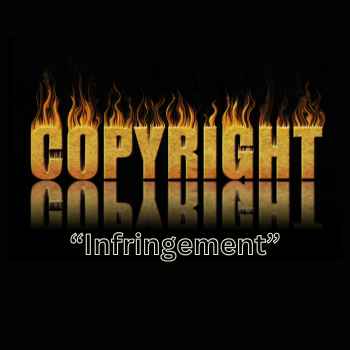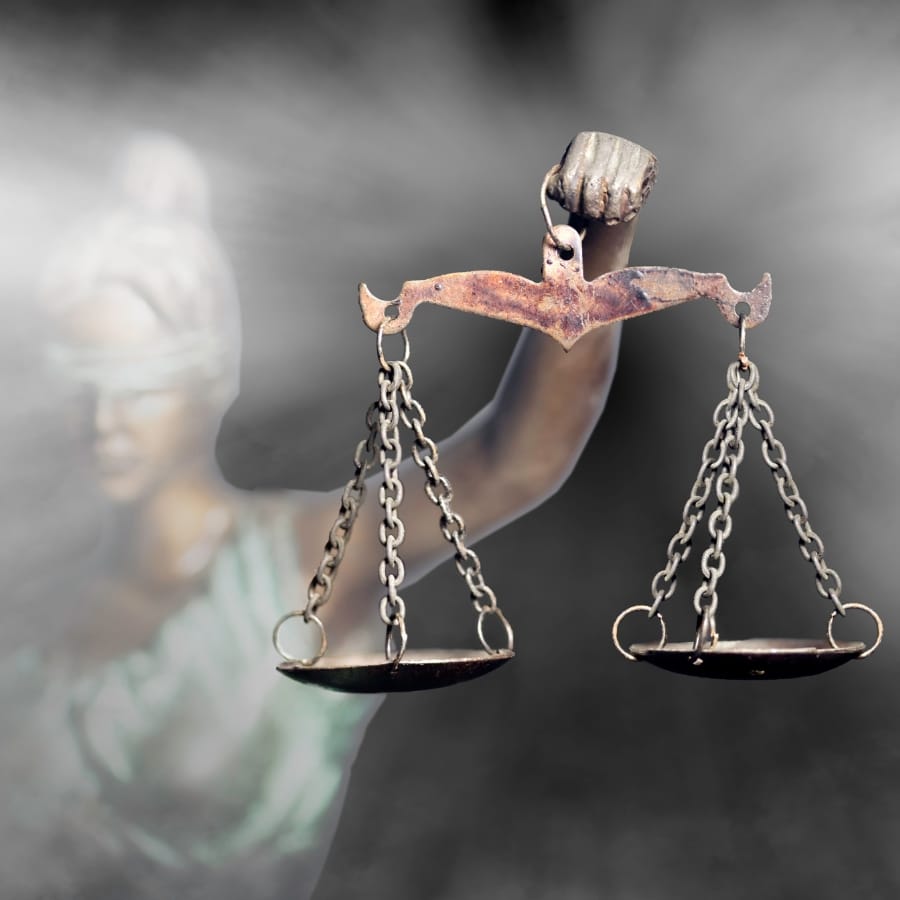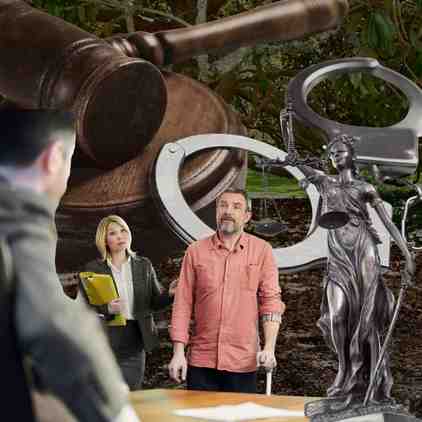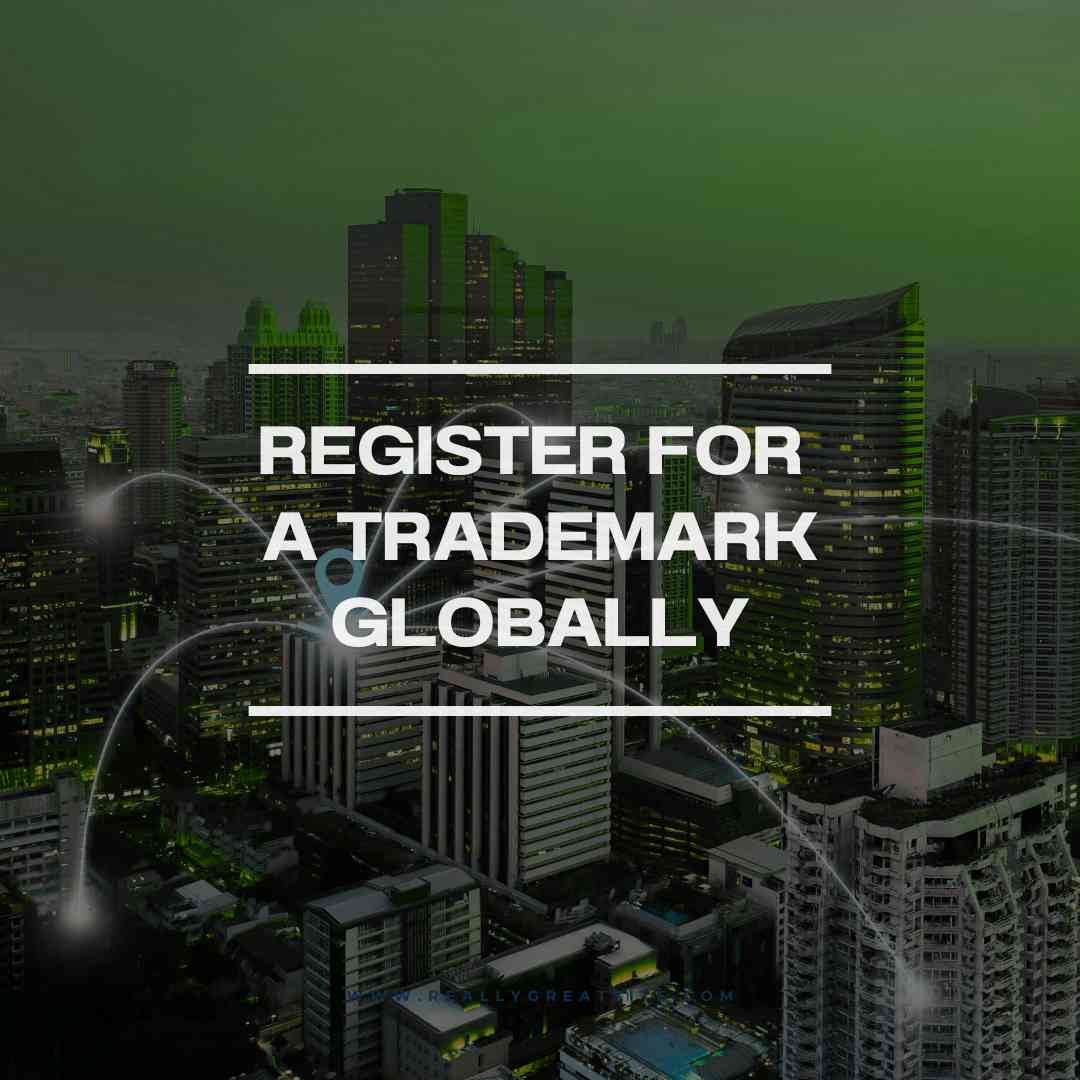At our firm, we understand how important it is to protect your creative work. That’s why we’re dedicated to helping you deal with Copyright Infringement quickly and effectively. Whether you’re a writer, artist, musician, software developer, or any kind of creator, our experienced copyright lawyers are here to support you. We offer trusted legal services to make sure your copyrighted material is safe from unauthorized use.
At our firm, we make it simple to understand your rights and protect your creative work. Our experienced copyright lawyers offer clear, practical advice to guide you through every step. Plus, we help you learn how to prevent Copyright Infringement and take action if your work is misused. With our support, you’ll feel confident knowing your intellectual property is protected.
We carry out thorough investigations to determine if your copyrighted work has been used without your permission. Our team of copyright lawyers uses advanced tools and resources to identify unauthorized use, leaving no stone unturned in protecting your intellectual property.
One of the first steps we take to stop Copyright Infringement is sending a cease and desist letter. Our skilled copyright lawyers will write and deliver a professional letter to the person or company using your work without permission. This letter clearly demands that they stop right away and avoid any further use of your copyrighted material.
If the infringement continues, we’re ready to take stronger legal action. Our experienced copyright lawyers can file a lawsuit to enforce your rights and stop the Copyright Infringement. We handle both civil and criminal copyright cases, working hard to make sure your creative work is fully protected through every stage of the process.
In many situations, we can resolve Copyright Infringement issues without going to court. Our copyright lawyers will represent you in negotiations to reach a fair settlement with the other party. We focus on stopping the unauthorized use of your work and making sure you receive proper compensation for any losses.
When Copyright Infringement continues or causes serious harm, we take further legal steps to protect your rights. Our team can ask the court for an injunction to immediately stop the unauthorized use of your work. We also seek financial compensation, including damages and any profits the infringer earned from using your content.
If your copyright is being infringed abroad, our copyright lawyers can help you understand and enforce your rights internationally. We are experienced in navigating international copyright treaties and will help protect your work across borders.
Our services don’t end with legal action. Our copyright lawyers offer ongoing monitoring to ensure your work remains protected, detecting and addressing any future infringement swiftly.
We don’t just focus on fixing issues — we also help educate our clients on how to prevent future Copyright Infringement. Our copyright lawyers provide guidance on best practices, including licensing, proper copyright notices, and how to effectively protect your work from unauthorized use.
With our expert copyright lawyers by your side, you can fight Copyright Infringement and ensure your intellectual property is always protected. Let us help you secure your creative works and enforce your rights effectively.
As a legal consultant specializing in Copyright Infringement, we assist clients in pursuing several remedies to address violations:
A formal letter requesting the infringer to stop unauthorized use of copyrighted material. This often serves as a first step to resolve disputes without litigation.
We help clients negotiate with infringers to reach a settlement, which may include compensation, cessation of infringement, and preventive measures.
If necessary, we seek court orders to stop infringing activities immediately (preliminary injunction) or permanently (permanent injunction) to protect the copyright holder’s rights.
We assist clients in claiming financial compensation, either through actual damages (reflecting actual loss) or statutory damages (predetermined by law).
We help clients recover profits made from the infringement and seek corrective actions, like recalling infringing products or issuing public apologies.
If settlement efforts fail, we represent clients in court, gathering evidence, presenting arguments, and pursuing a favorable legal outcome.
The remedies available depend on the specific case and jurisdiction, and we tailor our approach to best protect our clients’ rights.
- Expertise: Our copyright lawyers have years of experience in intellectual property law and a proven track record of successfully handling Copyright Infringement cases.
- Personalized Attention: We offer customized solutions tailored to your specific needs, ensuring you receive the best possible legal representation.
- Comprehensive Services: From detecting infringements to pursuing legal action and negotiating settlements, we provide end-to-end legal support.
- Global Reach: Our team can help you fight Copyright Infringement locally and internationally, ensuring your rights are protected no matter where your work is used.
If you believe your copyright has been infringed, don’t hesitate to contact us. With the support of a professional copyright lawyer, we can take decisive action to protect your creative works, defend your rights, and help you maintain control over your intellectual property.






